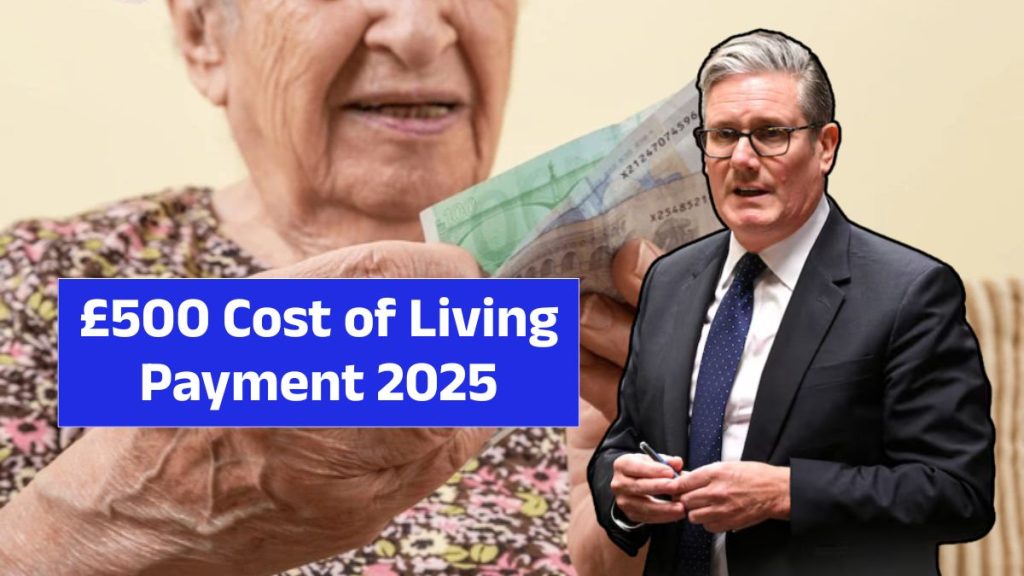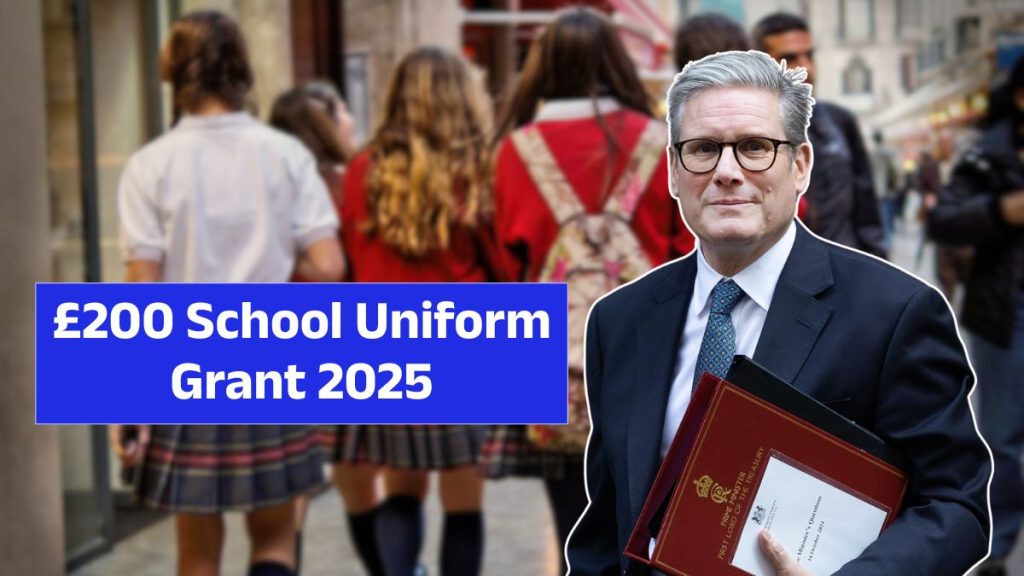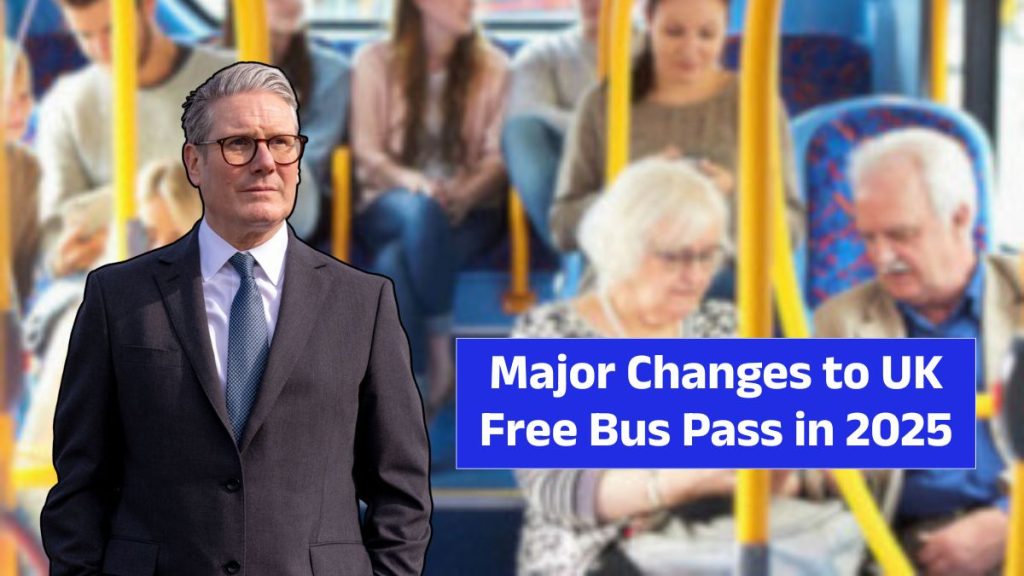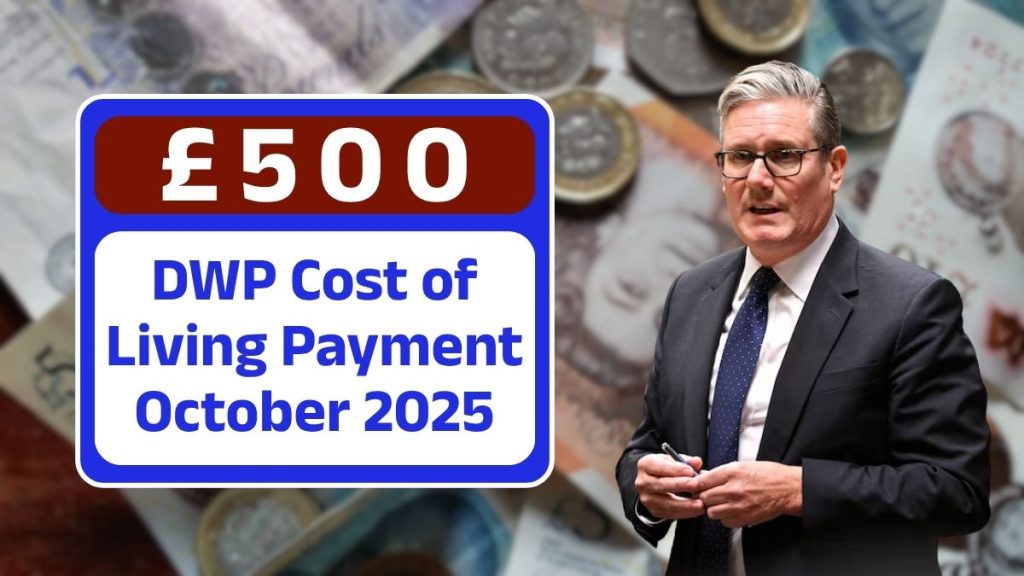The Department for Work and Pensions (DWP) has confirmed a £560 one-off support payment for disabled people in the UK. This financial assistance comes at a time when living costs remain high and vulnerable groups continue to struggle with everyday expenses. The payment is intended to help cover energy bills, essential household costs, transport, and medical needs, offering vital relief to those most affected by rising prices.
What Is the £560 Extra Support Payment?
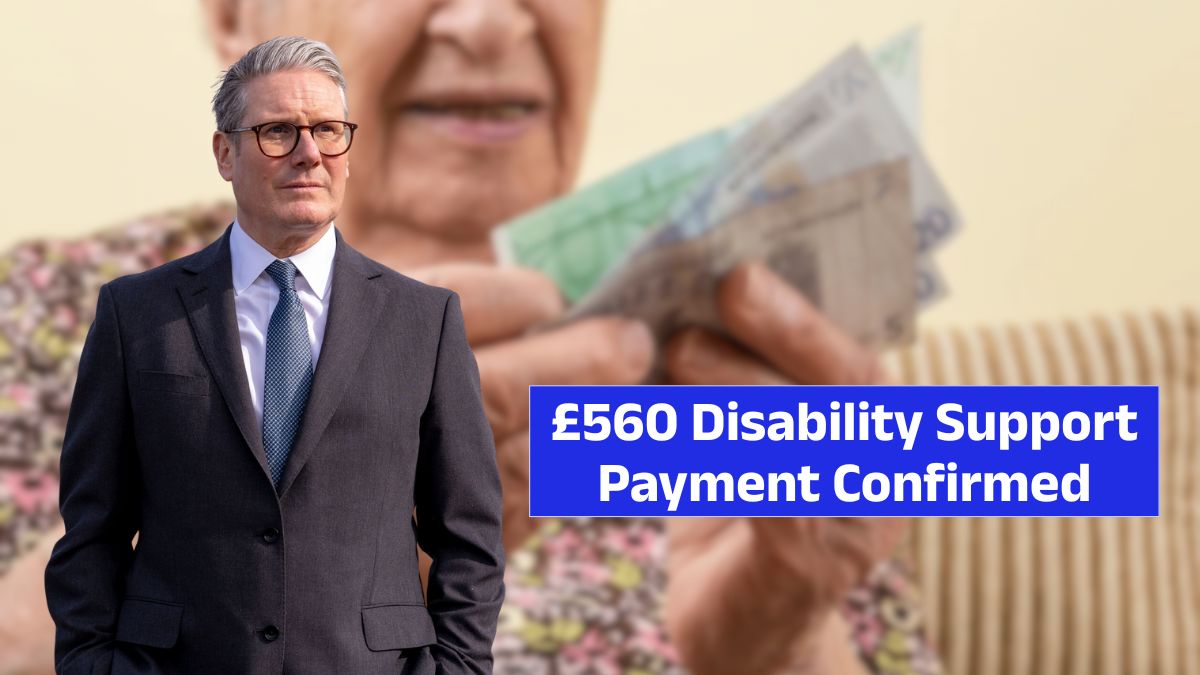
The £560 payment is a one-time lump sum designed to provide immediate help. Unlike regular disability benefits such as Personal Independence Payment (PIP) or Disability Living Allowance (DLA), this payment is separate and additional.
Its purpose is to ensure that disabled individuals, who often face higher living expenses, can manage their budgets without falling into financial hardship.
Why the Government Introduced This Support
Disabled people face unique financial pressures that often go beyond average household costs. These include:
- Higher heating costs to maintain health and comfort.
- Additional transport expenses for medical appointments.
- The need for special equipment or mobility aids.
The DWP has introduced the £560 payment to address these extra burdens and provide stability during a time of rising inflation.
Who Qualifies for the £560 Payment?
Eligibility for this one-off support is linked to existing disability benefits. You may qualify if you currently receive:
- Personal Independence Payment (PIP)
- Disability Living Allowance (DLA)
- Attendance Allowance
- Certain forms of Income Support or Employment and Support Allowance (income-related)
The DWP confirms that claimants must be in receipt of one of these benefits as of a qualifying date, which will be officially announced before payments are issued.
How Much Will You Receive?
Every eligible individual will receive the full £560 payment. Unlike some benefits, this amount does not vary by age, household size, or income level.
- The payment is tax-free.
- It will not affect other benefits such as Universal Credit, Housing Benefit, or Pension Credit.
- Recipients can keep the full amount without deductions.
How and When Payments Will Be Made
The DWP has confirmed that payments will be processed automatically for most eligible claimants.
- Funds will be deposited into the same bank account where regular benefits are paid.
- Payments will be released in staggered batches from the official start date.
- Most recipients can expect the money within weeks of rollout.
For those who are not identified automatically, a manual claim may be necessary.
Automatic Payments vs. Manual Claims
Most disabled people on qualifying benefits will not need to apply. However, a claim may be required if:
- You recently became eligible for disability benefits.
- Your payments are not processed through standard systems.
In these cases, claims can be submitted:
- Online via the DWP website.
- By phone using the official helpline.
- By post with a paper application form.
What to Do if You Don’t Receive the Payment
If you believe you qualify but haven’t received the payment by the expected date, take these steps:
- Confirm you are receiving a qualifying benefit.
- Check that your bank details and contact information are updated with the DWP.
- Contact the DWP helpline to report a missing payment.
Most delays occur due to administrative errors or outdated records, so acting quickly helps resolve issues.
How Disabled People Can Use the £560 Payment
This one-off payment is flexible and can be used according to individual needs. Common uses include:
- Paying overdue or upcoming energy bills.
- Covering healthcare or medication costs.
- Purchasing assistive devices or mobility equipment.
- Managing transportation expenses for appointments or community activities.
The lump sum is intended to reduce stress and provide stability in managing rising costs.
Wider Impact on Disabled Individuals
For many disabled people, even small increases in daily expenses can create financial strain. The £560 support aims to:
- Provide immediate relief from cost pressures.
- Reduce reliance on credit or loans.
- Maintain independence and quality of life.
- Ease financial anxiety and improve wellbeing.
By targeting those most affected, the government hopes this payment will alleviate hardship in the short term.
Other Support Available for Disabled People
In addition to the £560 one-off support, disabled people may be eligible for other benefits, including:
- PIP or DLA – ongoing disability benefits.
- Pension Credit – additional income for low-income pensioners.
- Carer’s Allowance – for those supporting disabled relatives.
- Local council grants – for home adaptations or mobility support.
Combining this payment with existing benefits can provide a more comprehensive financial safety net.
Key Steps to Ensure You Receive the Payment
To avoid missing out:
- Ensure your bank details are correct with the DWP.
- Confirm you are receiving a qualifying disability benefit.
- Keep all DWP communications and benefit letters.
- If required, apply promptly through the official DWP channels.
Proactive steps help guarantee smooth and timely payment.
FAQs – £560 Disability Support Payment
Q1. Do I need to apply for the £560 support payment?
Most recipients will be paid automatically, but some may need to apply if not flagged by the DWP.
Q2. Will this payment affect my other benefits?
No, the £560 payment is tax-free and does not reduce other benefits.
Q3. When will I get the payment?
Payments are expected to begin in staggered phases in 2025. Most will receive the money within weeks of rollout.
Q4. How will I know if I am eligible?
If you receive benefits such as PIP, DLA, or Attendance Allowance by the qualifying date, you will automatically qualify.
Q5. What should I do if I don’t receive the payment?
Check your benefit status, confirm bank details, and contact the DWP helpline to resolve missing payments.









